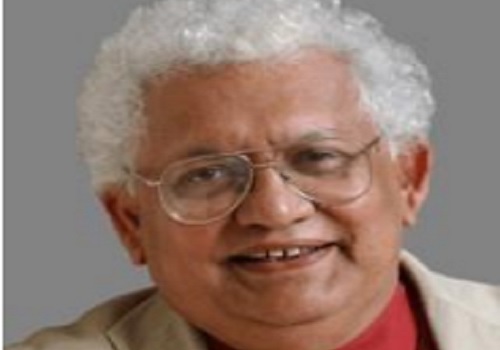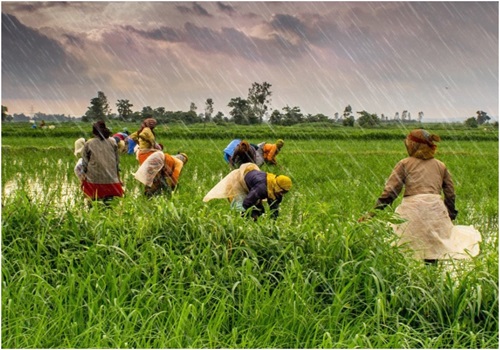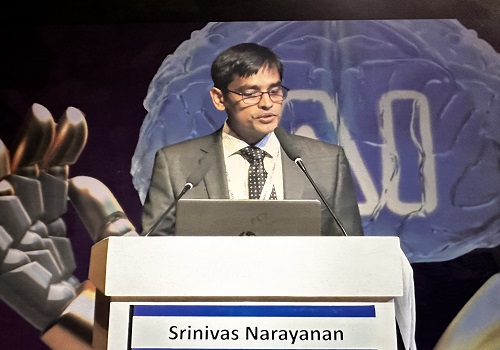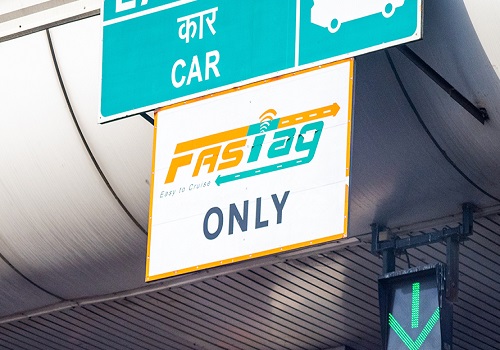Out of My Mind by Lord Meghnad Desai : Elara Capital

The interesting point about the three Partitions is that the British Empire was at the origin of each. Each involved defining divisions by the criterion of religion -- in Ireland, between sects of Christianity, in Palestine-Israel, between the branches of the Abrahamic Faith -- Judaism or Islam, and in British India, between Hindus and Muslims
In each case, the two communities or “nations” had been cohabiting for centuries. In case of Ireland, the Catholics were original natives but then the Protestants moved from Scotland to Northern Ireland. Christianity split into Catholics and Protestants with Martin Luther in the 16th Century. Each sect, when in power, tried to subjugate the other. Each sect became a “nation” and wanted a separate existence. Of course, this consciousness of being a “nation” came into being only in the late 18th to early 19th century.
The most poignant Partition is the one which is at war currently. Here the two “nations” can claim the territory to be their original home. But at different times, Jews were there first as recorded in the Old Testament of the Bible. They were driven out by the Romans and then again when Islam came in the 8th century of the Common Era. The people of the region became Muslims and occupied the old territories where Jews and later Christians used to live.
In the long history thereafter, Jews never had any territory to call their home. Jerusalem, which features in the Bible as a holy place for all three Abrahamic faiths, can be claimed by all three. It is this peculiar accident that the two old communities were “natives” of the same territory at different times in the past 3,000 years which makes it a difficult, if not impossible, question to answer.
In case of British India (to distinguish from independent India, Bharat), Muslims had been coming since before Islam as Arab traders. Later, they came as marauding armies or just to plunder across the Khyber Ghat and ended up establishing kingdoms. Other foreign minorities – the Greeks, the Kushans, the Huns – also had arrived in India but were absorbed. The idea of separate “nations” for Hindus and Muslims arose only in the 1930s and took hold. Of the three Partitions, it was the one which developed and took shape the fastest. Up to 1946, there was no definite idea of two separate nation states although there was an idea there were two Nations in India
Each Partition, as it happened, led to misery, death and displacement. The IsraelPalestine conflict is peculiar because Jews were invited by the British to settle in Palestine, which was their original home -- their Zion -- as a people who had been displaced first from their own Jude’s to Spain and then all over Europe and persecuted. Antisemitism was practised by Christians as well as Muslims wherever they were in power. When the Nazis killed six million Jews in the 1930 and early 1940, global sympathy turned in their favour. Jews had already been invited to settle in Palestine by the British, who did not think they had to ask the native Palestinians’ permission for inviting the Jews. By 1947, the UN offered to set up Israel as a separate nation but along with Palestine
In this case, not just the Palestinians but also the Arabs, who were ruling in kingdoms in the region, were opposed to the establishment of Israel. There have been battles since then but no settled Partition. This tragedy is not yet over. It may lead to a bigger war.
The surprise in this saga of three Partitions comes from Ireland. Here, after much violence and misery, there has been a reconciliation between the two communities in Northern Ireland. There is power sharing with seats in legislature decided by election. This may lead to the two parts of Ireland being reunited. But that would be a historic event. Let us see if that comes about.























